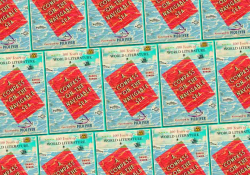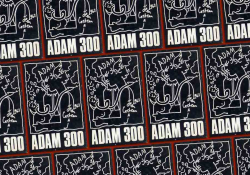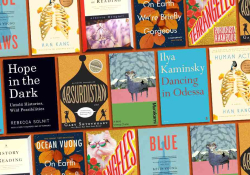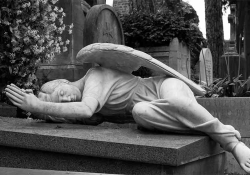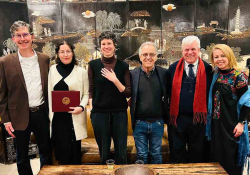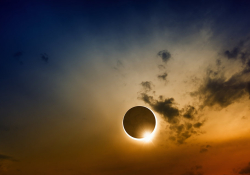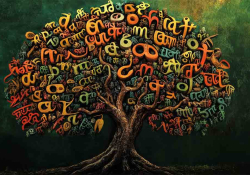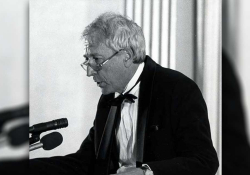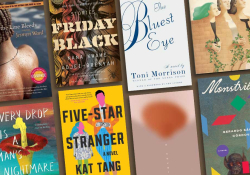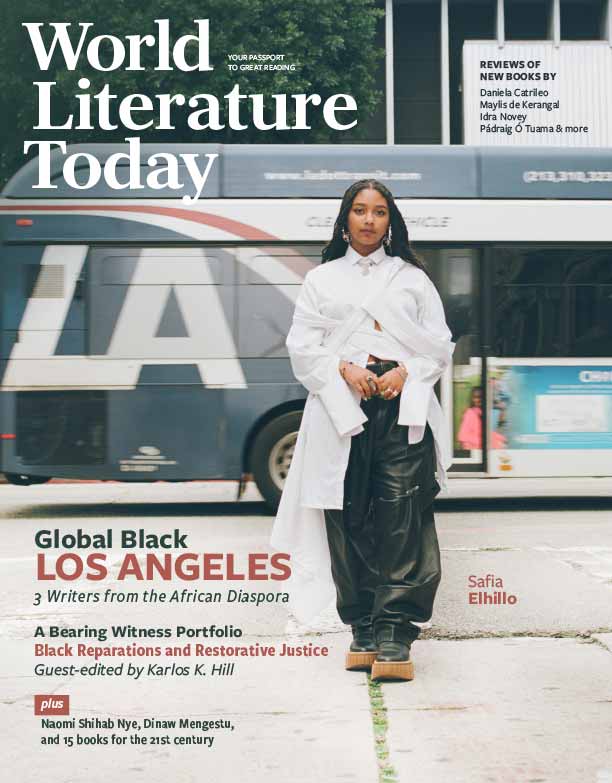15 Books for the 21st Century, 2021–2025
In spring 2021 the editors invited twenty-one writers to nominate a single book, published since the year 2000, that had had a major influence on their own work. We published the longlist, invited readers to vote on their favorites, and announced the results in June 2021.
To top off the list with more recent titles, we polled the same twenty-one writers to nominate the book that most enlightened, astonished, or moved them from 2021 to 2025. Now it’s your turn! We are asking readers vote on their favorites from the new longlist below. Click here to register your vote from February 20 to March 5. Results will appear in the May 2025 issue.
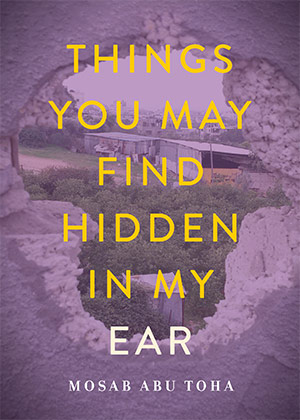 Mosab Abu Toha
Mosab Abu Toha
Things You May Find Hidden in My Ear
City Lights, 2022
In this ongoing time of horrific genocide in Gaza, fully supported by the US Biden administration, I would nominate Mosab Abu Toha’s Things You May Find Hidden in My Ear. What I said on the back—“I feel I have been waiting for his work all my life”—remains true. It has been cheering to see the response this book received—Mosab’s eloquent commentaries in the New Yorker and the New York Times, his cover story in Poets & Writers, his welcome everywhere—all speak to the fact that this genocide is NOT supported by a vast majority of American people and humans with any consciences at all. I love the tender, down-to-earth, understated power of his work. He honors the beautiful Palestinian people, their hopes, dreams, culture, memories—in a way that is accessible, and profound. He is a leader and a guide (see WLT, Jan. 2023, 60). — Nominated by Naomi Shihab Nye, 2013 NSK Neustadt Prize laureate
 William Dalrymple
William Dalrymple
The Golden Road: How Ancient India Transformed the World
Bloomsbury, 2024
I came to this book through the popular podcast Empire, a history podcast—hosted by William Dalrymple and Anita Anand—that explores the stories of empires through the ages. In The Golden Road, historian Dalrymple charts the story of how ancient Indian empires influenced our modern world and brings to life the vibrant network of global trade and exchange of ideas that transformed ancient Rome, the Middle East, and much of Southeast Asia. Despite being grounded in extensive research, Dalrymple’s engaging prose makes this book a very compelling read. — Nominated by Dipika Mukherjee, author of the travel essays Writer’s Postcards
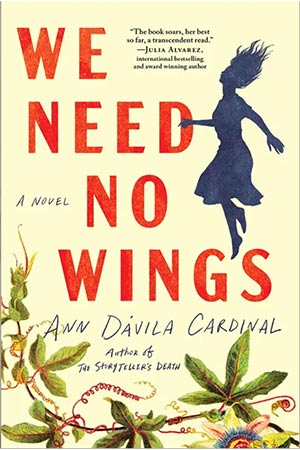 Ann Dávila Cardinal
Ann Dávila Cardinal
We Need No Wings
Sourcebooks Landmark, 2024
One of my favorite recent novels is We Need No Wings, by Ann Dávila Cardinal. I loved the magic realism, questions of faith, and romance for an older woman. — Nominated by Margarita Engle, 2019 NSK Neustadt Prize laureate
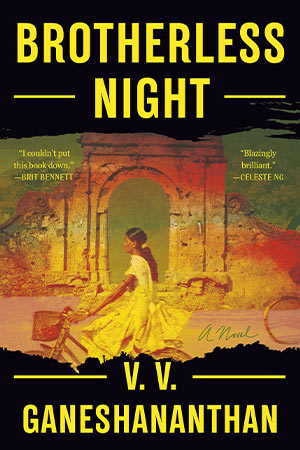 V. V. Ganeshananthan
V. V. Ganeshananthan
Brotherless Night
Random House, 2023
Brotherless Night is a rich and profound novel about the Sri Lankan civil war, told in retrospect by a woman whose brothers are involved with the Tamil Tigers and who, herself a medical student, becomes reluctantly but inexorably embroiled in her country’s dramas (see WLT, March 2023, 62). Utterly compelling, psychologically nuanced and astute, Ganeshananthan’s novel explores how war supersedes and forever alters our actions, and ultimately our very selves. — Nominated by Claire Messud, recipient of the Strauss Living Award and Guggenheim Fellow
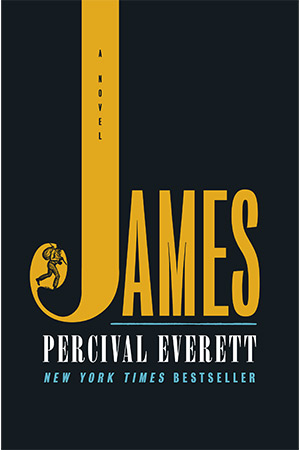 Percival Everett
Percival Everett
James
Doubleday, 2024
Among the books I’ve read in the last three years, Percival Everett’s James has had the most profound—even shocking—impact on me. I’ve always considered Everett an underrated writer in the American literary scene. His earlier novel Erasure, an incisive critique of the publishing industry, has been a regular feature in the novel workshops I teach. I was happy to see Erasure translated into an equally engaging movie, American Fiction, that showcases the author’s trenchant humor. James equals, or perhaps even bests, Erasure in how tightly it’s written (I loved the spare dialogue, especially about code-switching) and how action-packed it is, all the while being deliciously subversive. It’s a brilliant work of fiction that will, I predict, leave a lasting impact on American literature, just like the literary classic by Mark Twain it takes on and playfully upends. — Nominated by Samrat Upadhyay, winner of the Asian American Literary Award
 Jorie Graham
Jorie Graham
To 2040
Copper Canyon, 2023
Jorie Graham’s To 2040 is both a stirring lamentation on our imminent demise and a sweeping love letter to everything before it disappears. In wrestling with the urgencies and imperatives of our overwhelming times, the poems give grief a form and awaken us to the vast territory of suffering in our midst. At once plea, prayer, and prophesy, they crescendo into a preternatural howl that not only persists but presses us to be fully alive in the too-lateness. — Nominated by Shahilla Shariff, Hong Kong–based Canadian writer and author of Life Lines
 Samantha Harvey
Samantha Harvey
Orbital
Atlantic Monthly Press, 2023
Orbital disengages us from this world and plunges our minds into a meditative reality, the truth of our existence. We watch sixteen sunrises and sunsets as we travel Earth’s orbit with six astronauts aboard the International Space Station. They represent Russia, Japan, the US, England, and Italy. As we enter their minds and stories, the idea of “home” transforms and redefines itself. From the window of the space station our planet is borderless, breathtakingly alive, and fanatically free of what we know is happening to and on it. Samantha Harvey’s poetic but precise language facilitates a magical mind-and-heart travel and plunges us into a much-needed place of introspection and insight. — Nominated by Sholeh Wolpé, award winning Iranian American poet, playwright, and librettist
 Han Kang
Han Kang
The White Book
Trans. Deborah Smith
Hogarth, 2019
It was really difficult to choose a favorite book, as my two favorite writers’ new books recently translated into Turkish were really good, as usual: The Books of Jacob, by Olga Tokarczuk, and August Blue, by Deborah Levy, were exciting for me. But I think I will choose The White Book (Beyaz Kitap, 2021, in Turkish), by Han Kang, as my favorite book because she managed to write something astonishingly touching while profoundly simple (see WLT, Summer 2019, 79). – Nominated by Buket Uzuner, Turkish author, environmental activist, and animal rights advocate
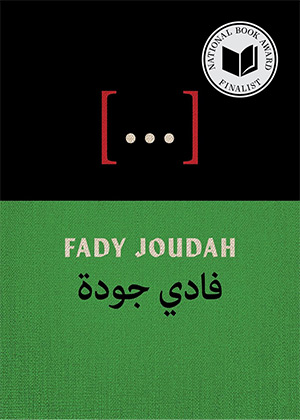 Fady Joudah
Fady Joudah
[. . .]
Milkweed, 2024
Fady Joudah’s [. . .], like its curiously elliptical title, invites us to speak the unspeakable into being. Not just a collection of poems, this work was written during the first months of the Gazan genocide, written alongside it, inside it, trying to find a way to put language into the unspeakability of the horror. With each poem, Joudah tries to excavate himself from ruin’s oblivion, and in the process, offers us to do the same (see WLT, July 2024, 67). — Nominated by Philip Metres, winner of the Arab American Book Award and Guggenheim Fellow
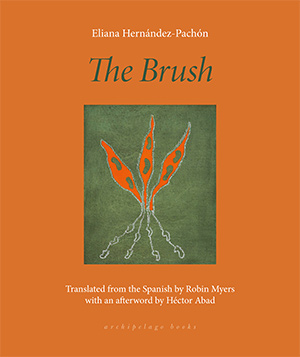 Eliana Hernández-Pachón
Eliana Hernández-Pachón
The Brush
Trans. Robin Myers
Archipelago Books, 2024
The Brush is a single narrative in three sections of poetry, each with a different point of view: Pablo, Ester, and The Brush. As a whole, the triptych creates a realm that simultaneously feels like fairy tale and current events—in the sense that horror abides in each. That the forest speaks adds wonder and fever. The quiet tone makes the Colombian massacre even more terrifying. Instead of using straightforward journalistic details, Hernández-Pachón said in an interview, “There are things that poetry can do better: working with ellipses, for instance, and evoking what can’t be named.” I am grateful to Robin Myers for her translation and to Héctor Abad (novelist and journalist) for his essay “How to Narrate Horror?” I am grateful to Archipelago for their ongoing mission to publish excellent books translated into English (see WLT, Nov. 2024, 60). — Nominated by Kimiko Hahn, author of The Ghost Forest: New and Selected Poems
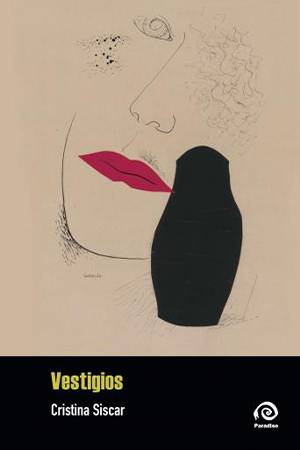 Cristina Siscar
Cristina Siscar
Vestigios
Paradiso, 2022
Cristina Siscar is the best-kept secret in current Argentine literature. Vestigios, her latest novel, is a compact masterpiece of subtlety. Loose threads in the tapestry of memory are slowly interwoven, disclosing a web of dreams and realities and denials. Thanks to the power of Siscar’s talent with language, layer after layer of meaning and feelings emerge with the quality of poetry and the edge of a razor. — Nominated by Luisa Valenzuela, Argentine writer and 1995 Puterbaugh Fellow
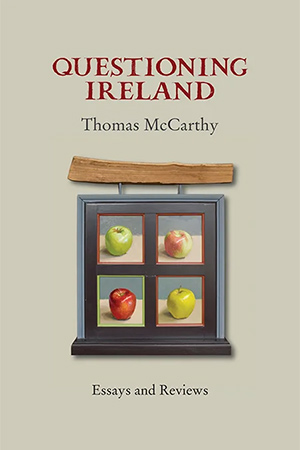 Thomas McCarthy
Thomas McCarthy
Questioning Ireland
Gallery Press, 2024
I am nominating Questioning Ireland by Irish poet, novelist, and critic Thomas McCarthy, who is described by Eavan Boland as the first poet born into the Republic to write about it critically, and considered by Dennis O’Driscoll to be, along with Paul Muldoon, the most important Irish poet of his generation. Questioning Ireland is a compilation of his literary criticism drawn from five decades of exploring history, literature, economics, politics, and the role of women in Irish society. McCarthy reflects on the “breathtaking” dominance of masculinity and the “pervasive literary bias” that led to the marginalization of female writers. He notes that “the most fundamental and thrilling change has been the development of women’s writing. It’s a huge late flowering.” Questioning Ireland transcends narrow perspectives to explore broader, more inclusive narratives. For Thomas McCarthy, “Writing is a vocation—it’s not something you can plan.” — Nominated by Hélène Cardona, poet, literary translator, actor, and linguist
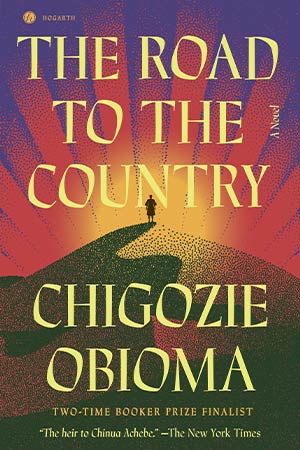 Chigozie Obioma
Chigozie Obioma
The Road to the Country
Hogarth, 2024
Double Booker nominee Chigozie Obioma’s The Road to the Country was my best read of 2024. It is a masterful exploration of memory and myth, and the legacy of Biafra. It is said that history is written by the winners, but recent literary reimaginings of the wars in Vietnam and Biafra have been written from the perspective of the vanquished, notably by Pulitzer Prize winner Viet Thanh Nguyen who also said that that all wars are fought twice: the first time on the battlefield, the second time in memory. Harrowing in its descriptions of war and also deeply moving, The Road to the Country serves as both an exhumation of the past and a memorial to the dead (see WLT, Jan. 2025, 57). — Nominated by Aminatta Forna, winner of the Windham Campbell and Commonwealth Writers’ Prizes
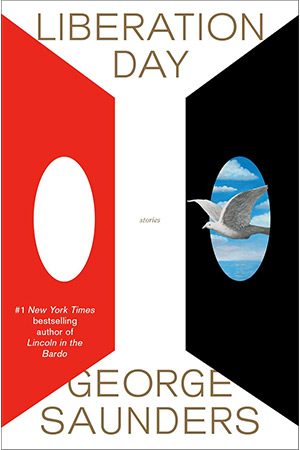 George Saunders
George Saunders
Liberation Day
Bloomsbury, 2022
I would like to nominate the collection of short stories Liberation Day, by George Saunders. Throughout many of his works, including the stories selected for this particular collection, Saunders exploits the idea of the thin boundaries between subjects and objects, humans and inanimate things. He provokes readers to ponder on the social, moral, and philosophical consequences of treating conscious and cogitative beings as insentient toys. I was impressed by the way the author mingles fantasy and realism, reality and potentiality. And by the masterfully structured narrative, always armed with suspense and a thunder-clap. — Nominated by Alisa Ganieva, winner of the Debut Prize and finalist for the Russian Booker Prize
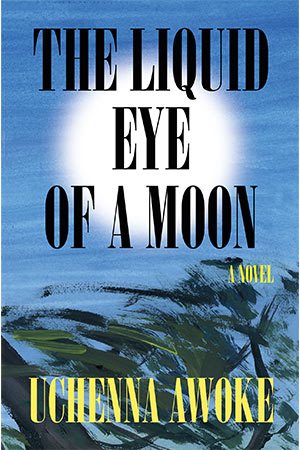 Uchenna Awoke
Uchenna Awoke
The Liquid Eye of a Moon
Catapult, 2024
Uchenna Awoke’s The Liquid Eye of a Moon has been billed as a Nigerian Catcher in the Rye, the story of a hyperalert young person coming into his own knowledge of his elders’ hypocrisy and his society’s oppressions. But the conflict at the heart of this densely lyrical book emerges out of regional and cultural factors that predate and defy received political boundaries or conflicts. It’s a marvelous tapestry and, for English-language fiction readers, a fresh view on West Africa. — Nominated by Padma Viswanathan, author of The Charterhouse of Padma
